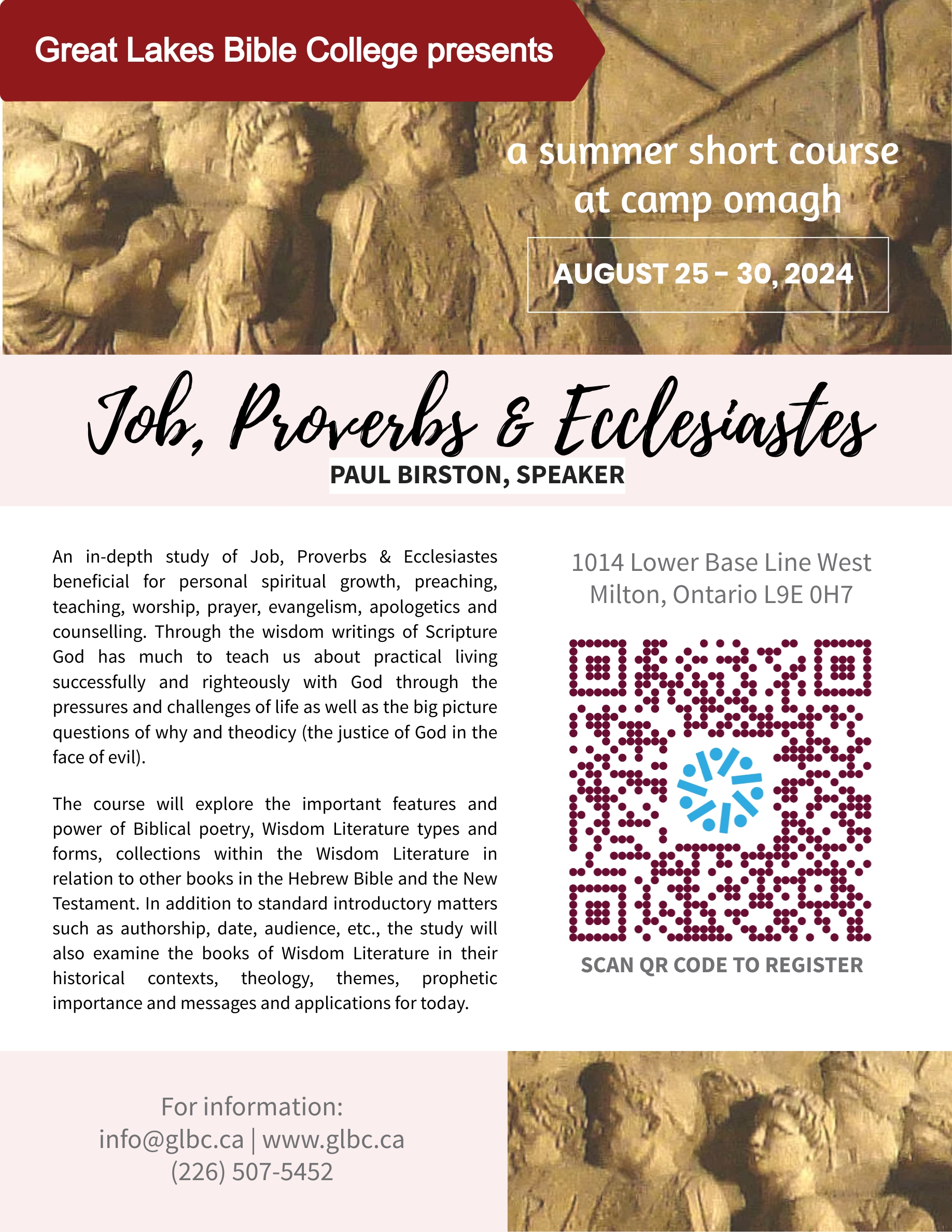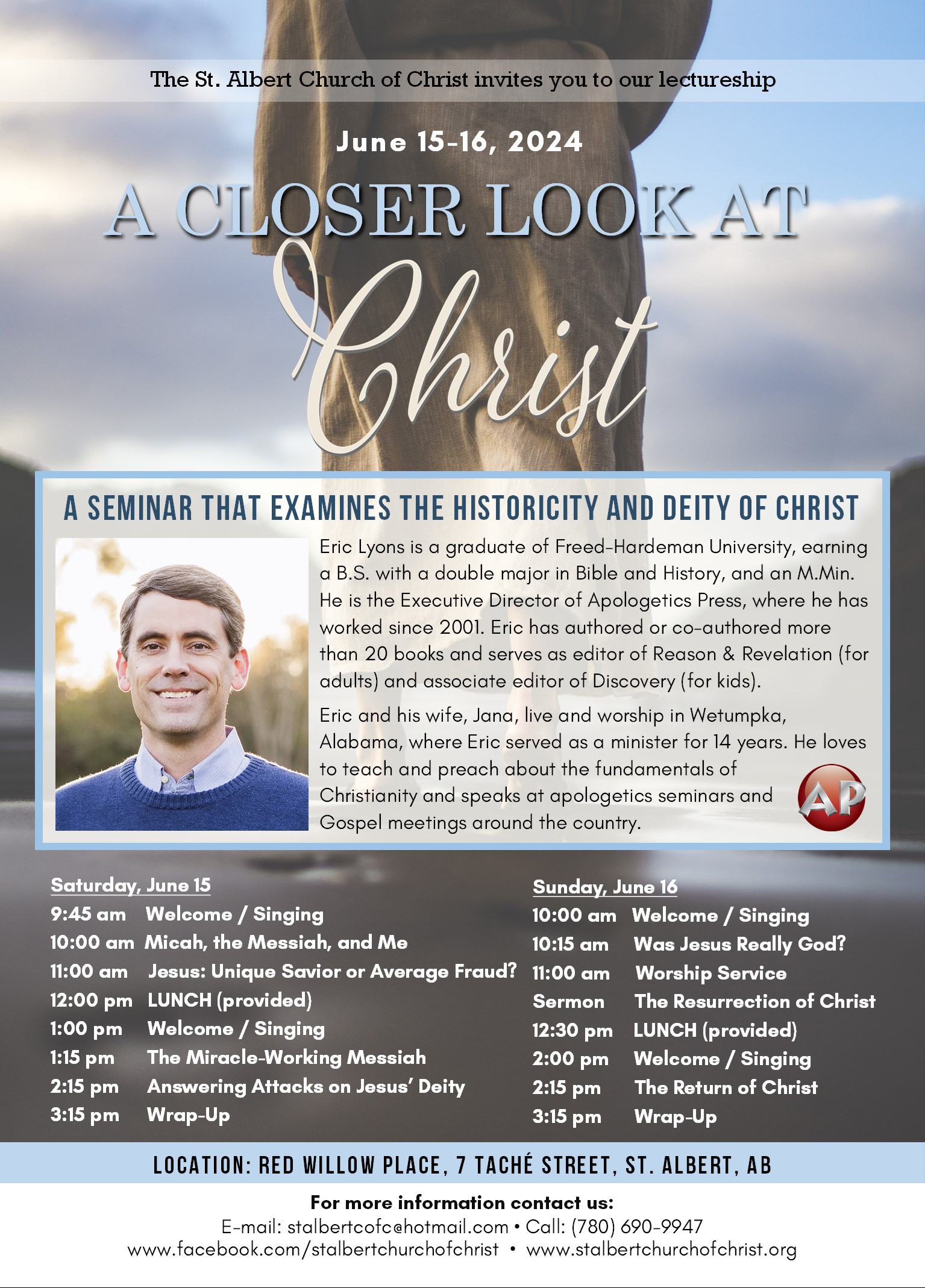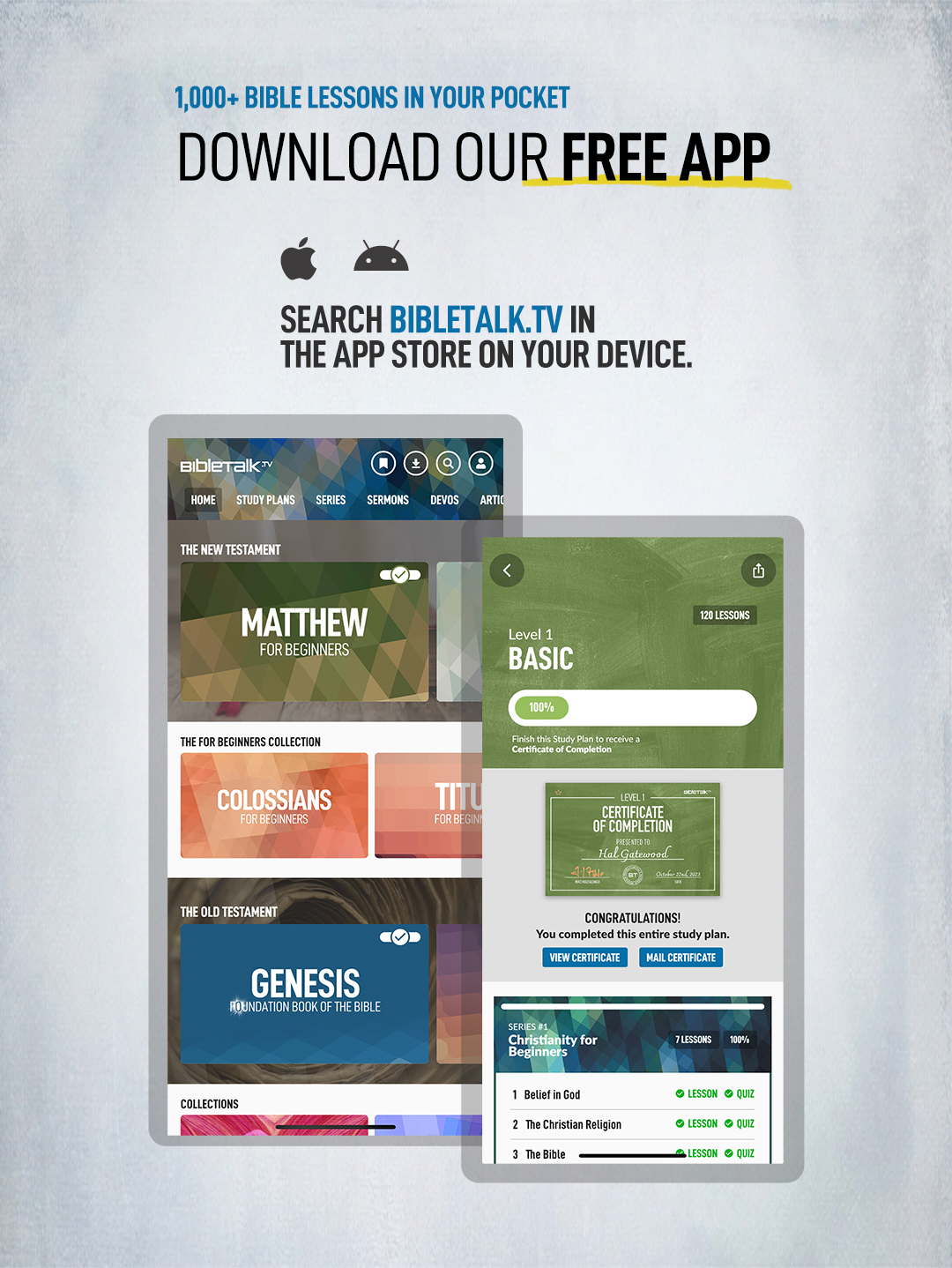You have heard of the four gospels: Matthew, Mark, Luke and, John. But have you heard of the gospel according to Isaiah?
Preaching the gospel of Christ, it was common for the apostles and others in the first century to refer to the Old Testament. It was Paul’s custom (Acts 17:2-3) and Apollos did the same at Corinth (Acts 18:27-28). That was because portions of the gospel were foretold by Old Testament prophets. For example, concerning the coming of the Messiah (Hebrew, Anointed One; Greek, Christ) and concerning the establishment of His kingdom.
One such prophet was Isaiah, who lived 750 years before Christ and was sent to prophesy to Judah and Jerusalem (Isaiah 1:1). Isaiah’s book contains so many prophecies regarding the Messiah and His kingdom that he is often called “the Messianic prophet.” We could call his book “The Gospel According to Isaiah.” To illustrate, let’s review some of the prophecies found in the book of Isaiah.













Let’s begin by looking at Isaiah’s view of the gospel of the Messiah. He wrote good news about the Son of man. That He will be born of a virgin, whose name will be Immanuel – “God with us” (Isaiah 7:14) – fulfilled with the birth of Jesus by Mary (Matthew 1:18-23). He will be a wonderful child with an amazing name(s), destined to reign (Isaiah 9:6-7) as announced by the angels at Jesus’ birth (Luke 2:11). The Son of man will be of the family of David (Jesse) descending from the “stem of Jesse,” David’s father (Isaiah 11:1). Jesus’ lineage is shown in Matthew 1 (via Joseph) and Luke 3 (via Mary). The Spirit of the Lord will rest upon Him with wisdom and understanding, counsel and might, knowledge and fear of the Lord (Isaiah 11:2), visibly manifested at His baptism by John (Matthew 3:16).
Isaiah also wrote the good news about the Son of man’s ministry. He will be preceded by a forerunner, one sent to prepare the way (Isaiah 40:3-5) which was fulfilled with the ministry of John the Baptist (Matthew 3:1-3). Isaiah prophesied that Jesus will be anointed to preach good tidings to the poor, proclaiming the acceptable year of the Lord (Isaiah 61:1-3), fulfilled by His preaching in Nazareth (Luke 4:16-21). Isaiah prophesied that Jesus will bring light to those living in Galilee, in the regions of Zebulun and Naphtali (Isaiah 9:1-2) which was fulfilled by His living and preaching in Capernaum (Matthew 4:12-16). Jesus will not call attention to Himself by quarreling or crying out in the streets (Isaiah 42:1-3) which was fulfilled in Jesus’ response to threats on His life (Matthew 12:14-21). The Christ will suffer in our behalf, despised and rejected by men (Isaiah 53:1-3; John 1:12). His suffering and death was for our sins (Isaiah 53:4-6,8; Matthew 8:17; 1 Peter 2:24). He was silent before His accusers (Isaiah 53:7; Matthew 27:12-14). And, His grave was with the wicked and the rich (Isaiah 53:9; Matthew 27:38,57-60). All according to God’s will, for our sins (Isaiah 53:10-12; Acts 2:23; 1 Timothy 2:5-6).
Through such vivid prophecies, Isaiah foretold the gospel of the Messiah. Note how Philip was able to make good use of Isaiah’s “gospel” in preaching Christ to the Ethiopian eunuch (Acts 8:30-38). But Isaiah’s prophecies were not limited to the Messiah Himself. Just as Jesus proclaimed the gospel of the kingdom (Mark 1:14-15), so did Isaiah through his prophecies.
Isaiah prophesied the good news about the kingdom’s origin. It will come to pass in the “latter days” that the mountain of the Lord’s house will be established (Isaiah 2:1-2). The time was fulfilled when Jesus began preaching (Mark 1:14-15). God’s kingdom will go forward from Jerusalem as the Word is spread (Isaiah 2:3). So Jesus explained, the Word must proceed from Jerusalem (Luke 24:44-47).
It will be a kingdom of peace, and people will not learn war; its king will be the Prince of Peace (Isaiah 2:4; 9:6-7). Thus the kingdom of God is one of peace (Romans 14:17). It will include the Gentiles, the Gentiles will seek Him, in Whom they will find justice (Isaiah 11:10; 42:1,6). Thus Jesus has united both Jew and Gentile (Ephesians 2:11-18).
God’s kingdom will last forever, of His kingdom there will be no end (Isaiah 9:7). As the angel Gabriel pronounced to Mary (Luke 1:31-33). The kingdom will usher in a new heavens and new earth as promised by God in terms to which Israel could relate (Isaiah 65:17-25; 66:22-23). A promise that was fully realized with the coming of Christ (2 Peter 3:10-14; Revelation 21:1-4).
Perhaps we can see why the apostles and others used the Old Testament to convince many that Jesus was the Messiah and to proclaim the prophecies concerning Him and His kingdom that were being fulfilled. What is your reaction to the gospel as foretold by the prophets centuries before Christ came and proclaimed by the apostles and preachers in the first century, A.D.?
Port Colborne, ON
